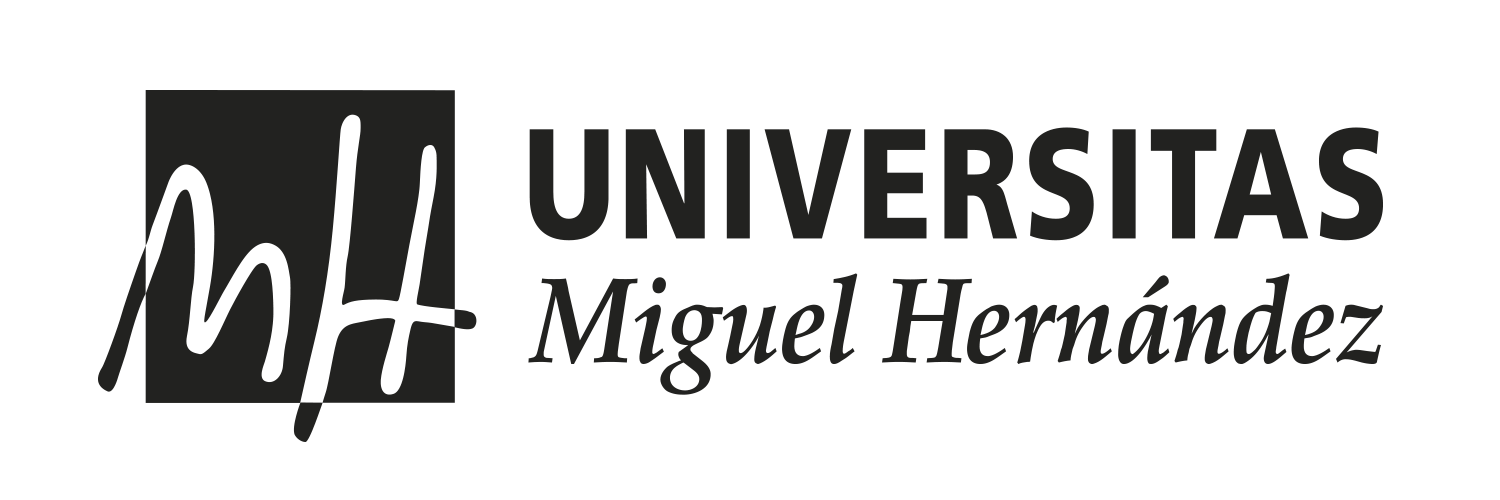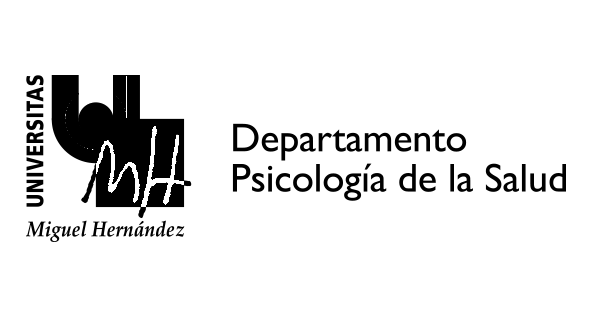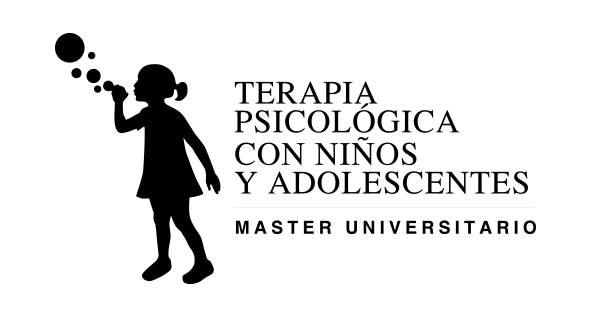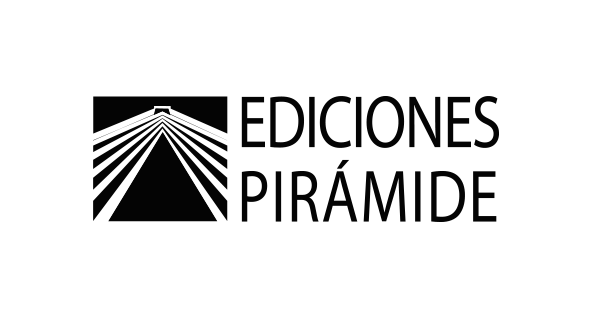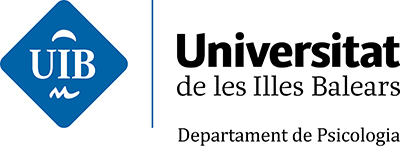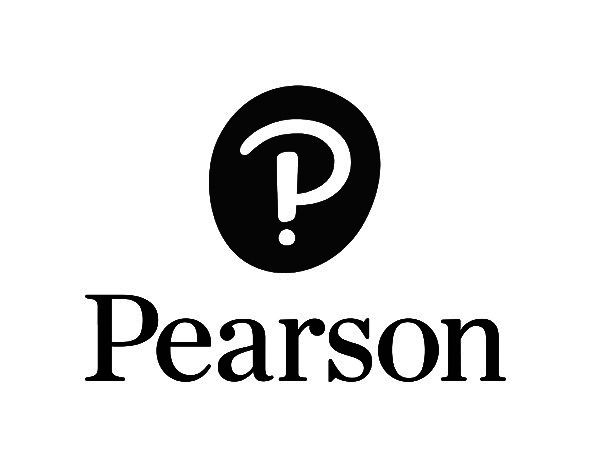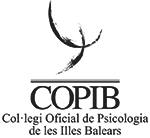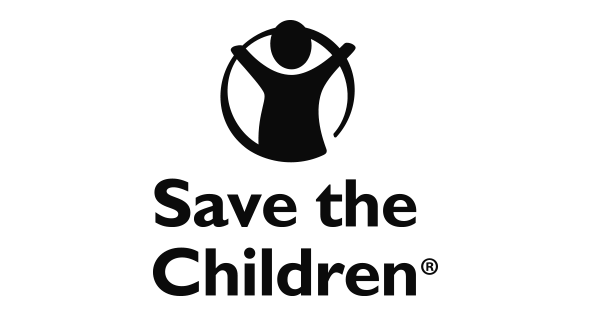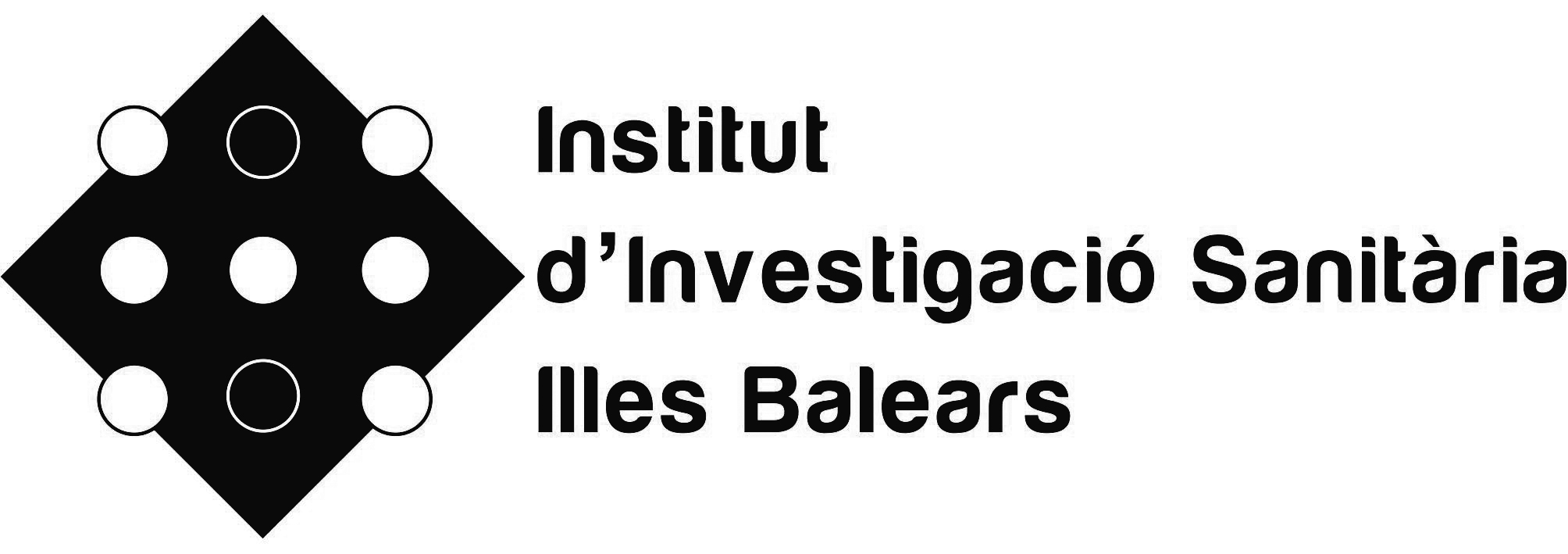Juan Carlos Marzo y José Antonio Piqueras
Miguel Hernández University, Spain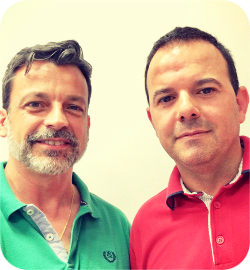
ADVANCES IN THE STUDY OF COVITALITY IN CHILDREN, ADOLESCENTS AND YOUNG ADULTS: “THE WHOLE IS GREATER THAN THE SUM OF ITS PARTS”
Abstract
The Covitality model suggests that there are a series of personal strengths that promote psychosocial adjustment, prevent mental health problems and cushion the effect of stressors on people. This model understands that there are four strengths: Believing in oneself, which is composed of Self-efficacy, Self-knowledge and Persistence; Believe in Others, formed by Support from the Family, from the Peers and from the College; Emotional competence, based on Emotional Regulation, Self-control and Empathy; and Commitment to Life, formed by Optimism, Zest and Gratitude. According to the studies carried out so far at an international level and in different countries and cultures, the whole explains more than the sum of its parts in terms of prediction and association with health and adjustment. Michael Furlong, creator of this model, has developed with his team three versions of the Social Emotional Health Survey to evaluate the construct in children, adolescents and college population. In Spain, our team leads Covitality studies in children, adolescents and young people. In this monographic table, we present a study that shows how Covitality is a variable that cushions the effect of suffering violence in school on psychosocial adjustment in children. The second paper presents preliminary data on the validation of the SEHS-Higher Education in a college sample. The third paper presents data on the relationship between the dimensions of covitality and psychological problems, and the psychological strength that evaluates the Strength and Difficulties Questionnaire. The fourth paper is about the equivalent study to the previous one but with college population. The results that will be presented are an advance since they point out the importance of strengthening the personal resources of young people as the first strategy for the mental health promotion.
Juan Carlos Marzo Campos is the Director of the Department of Health Psychology at the Miguel Hernández University of Elche and Full Professor in the Social Psychology Area. He is the Principal Investigator of the Covitality project. He is the author of 40 articles published in high impact journals and his research work has focused on the field of Organizational Psychology, Psychological Assessment -especially on socio-emotional aspects- and the Validation of Questionnaires.
José Antonio Piqueras obtained his degree in Psychology in 2000 from the University of Murcia, where he received a scholarship to university teacher education. In his predoctoral phase he studied at Montclair State University and the Maryland Center for Anxiety Disorders at the University of Maryland. In 2005 he defended his doctoral thesis, which evaluates a treatment for social phobia in adolescents, obtaining the extraordinary doctoral prize. In 2006 he joined the University of Alicante and one year later the Department of Health Psychology at the Miguel Hernández University. At the research level, his interest is focused on the treatment of obsessive-compulsive disorder in the infantile-juvenile population and on the application of new technologies for the evaluation and intervention of adolescent problems. Within the framework of this last line of research, he is carryied out a training stay in 2010 at the Virje University in Amsterdam with Professor Cujpers. He teaches Psychological Evaluation in the Psychology Degree and he is teacher of the Master in Psychological Therapy with children and adolescents, receiving the Outstanding Teacher Award in 2011. He has been Professor of Personality, Evaluation and Psychological Treatment at the University since 2012.


